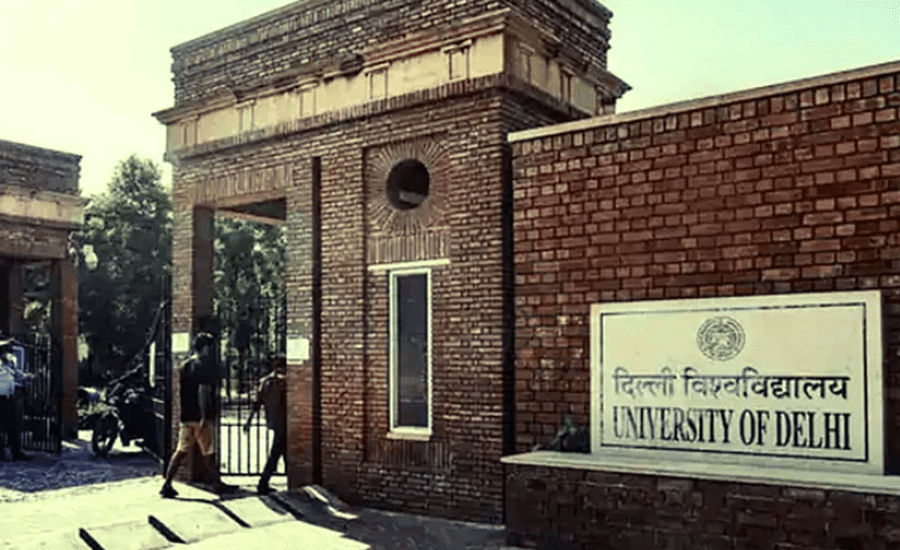The UPSC Civil Services Examination is widely regarded as one of the most prestigious and competitive exams in India. Each year, lakhs of aspirants compete for top services such as IAS, IPS, and IFS, often believing that candidates from elite institutions like IITs and JNU dominate the results. However, a lesser-known yet remarkable truth has emerged from decades of data: the university that has produced the highest number of civil servants is none other than Delhi University, an institution deeply woven into the fabric of India’s educational landscape.
Delhi University: India’s Leading Contributor to IAS and IPS Officers
From 1975 to 2014, Delhi University produced around 4,128 successful UPSC candidates—more than any other university in the country. This staggering figure highlights DU’s unmatched impact on India’s administrative ecosystem. Its expansive campus, diverse academic departments, and exposure to Delhi’s dynamic social and political environment enable students to nurture analytical skills crucial for the examination. Many aspirants begin preparing for civil services during their college years, giving them a strong foundation early on.
Why DU Is Called India’s UPSC Factory
Delhi University’s appeal lies in accessibility and diversity. Affordable fees, experienced faculty, and proximity to major coaching hubs like Mukherjee Nagar and Old Rajinder Nagar make DU a natural breeding ground for UPSC aspirants. Students from different states converge here, creating a competitive environment that fuels ambition and peer learning. This unique ecosystem has led to DU being popularly called India’s “UPSC factory”.
JNU Takes Second Place in UPSC Success
Jawaharlal Nehru University (JNU), another prestigious institution, ranks second with approximately 1,325 of its graduates entering civil services. Known for its rigorous academic culture, especially in political science, international studies, sociology, and languages, JNU has played a significant role in shaping the intellectual backbone of India’s bureaucracy. Yet, DU’s vast student population and its strategic location in the national capital continue to give it a clear advantage in numbers.
A Competitive Ecosystem That Shapes India’s Governance
Both Delhi University and JNU offer academic environments marked by debate, research, and analytical rigor—key components of UPSC success. However, DU’s wide network, enormous student presence, and seamless access to Delhi’s administrative and educational ecosystem have positioned it as the most influential contributor to India’s civil services. As the nation continues to evolve, institutions like DU and JNU remain at the heart of India’s bureaucratic and developmental growth story.






























